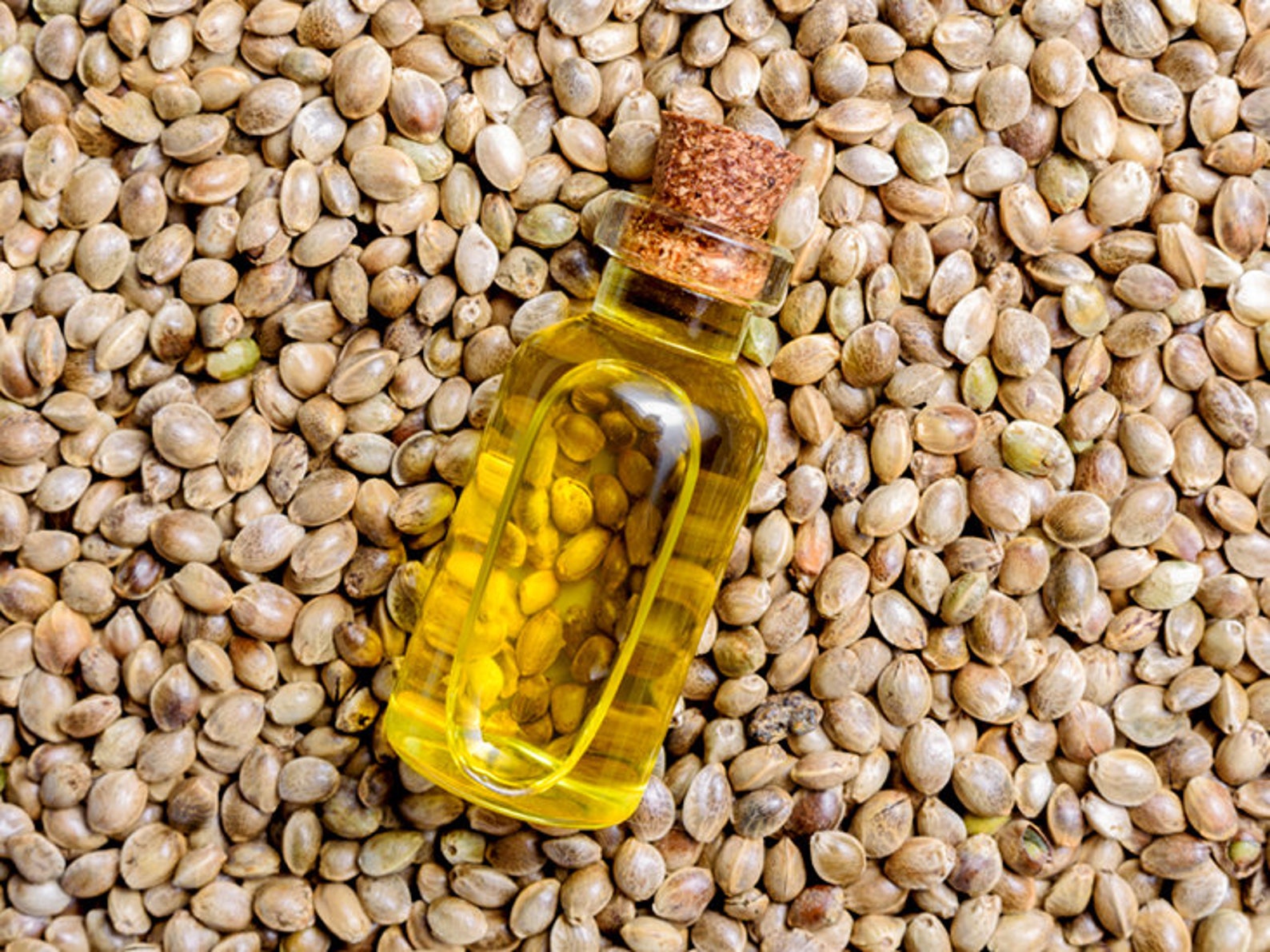The surge of hemp petrol, particularly CBD (cannabidiol) oil, has sparked a considerable change in consumer interest and market aspect across various sectors. Hemp oil is definitely derived from typically the seeds of the particular hemp plant plus contains various advantageous compounds, including omega fatty acids in addition to CBD. However, typically the legal landscape bordering hemp oil could be complex and differs significantly from 1 jurisdiction to one other. This article aims to provide an extensive introduction to the restrictions and restrictions governing hemp oil, focusing on key features such as legality, production, labeling, and even interstate commerce.
1. The Legal Standing of Hemp Petrol: A Historical Viewpoint
The legal status of hemp petrol is deeply interweaved with the historical attitudes towards marijuana in general. Until lately, cannabis—including hemp—was classified like a Schedule We controlled substance beneath the Controlled Elements Act in the usa. This particular classification limited the particular cultivation and generation of hemp, which in turn is defined because cannabis with much less than 0. 3% THC (tetrahydrocannabinol), typically the psychoactive compound liable for the “high” associated with cannabis.
The turning level came with the particular passing of the particular Agriculture Improvement Behave of 2018, typically called the 2018 Farm Bill. This particular legislation removed hemp from the definition involving marijuana under the Manipulated Substances Act, effectively legalizing hemp in addition to its derivatives, including hemp oil, in the federal level. This monumental change brought about the cultivation associated with hemp in almost all 50 states, provided it meets typically the legal definition of containing a maximum of 0. 3% THC.
only two. State-Level Regulations: A Patchwork of Laws
While the 2018 Farm Bill presented a federal framework for that legality involving hemp oil, states have authority in order to regulate its production and sale. This particular has resulted inside a patchwork of state laws that can vary widely. Some states have got embraced hemp nurturing and hemp olive oil production, although some possess enacted stricter legal guidelines or outright bans.
2. 1 Says Supporting Hemp Nurturing
States like Colorado, Oregon, and Kentucky have established comprehensive programs for hemp cultivation, allowing growers to grow hemp and produce hemp oil products. These kinds of states have created regulatory frameworks of which facilitate licensing, assessment, and marketing of hemp oil, generating it accessible to consumers.
2. a couple of States with Harsher Regulations
Conversely, several states have enforced stricter regulations. For example, Idaho and Southern Dakota have in times past been resistant to hemp cultivation plus production, citing worries over THC content material along with the potential regarding misuse. During these states, the sale associated with hemp oil is often subject to additional restrictions, and customers could find it challenging to access hemp-derived goods.
3. Regulatory Firms and the Roles
Many federal and point out agencies play important roles in managing hemp oil. Comprehending the responsibilities of these kinds of agencies is crucial intended for both producers plus consumers.
3. one particular The U. S i9000. Department of Farming (USDA)
The UNITED STATES DEPARTMENT OF AGRICULTURE is responsible with regard to overseeing the hemp cultivation program established by the 2018 Farm Bill. This specific includes developing regulations and guidelines with regard to hemp production, making sure growers adhere in order to federal standards, in addition to providing support to states in putting into action their programs. The USDA also runs the licensing associated with hemp producers and the testing regarding hemp for THC content.
3. a couple of The Food in addition to Drug Administration (FDA)
The FDA’s role in the hemp oil landscape is primarily focused on consumer safety in addition to product labeling. When hemp oil and CBD products are legitimate under federal regulation, the FDA features specific regulations ruling the use of hemp-derived ingredients inside of food and dietary merchandise. The FDA has yet to establish a clear framework for your approval of CBD as a dietary supplement or foods additive, leading in order to uncertainty for manufacturers and consumers equally.
3. 3 Express Departments of Cultivation
Many states possess their own sections of agriculture that will oversee hemp cultivation and production within their jurisdictions. These kinds of state agencies generally establish their rules and guidelines, including licensing requirements, assessment protocols, and labels standards. Producers need to comply with the two federal and condition regulations to run legally.
4. Marking and Marketing Rules
Labeling and marketing of hemp petrol products are important areas of rules, particularly as the market grows and even diversifies. Consumers need to be able to be able to trust the claims created by producers with regards to the contents in addition to benefits of hemp oil products.
four. 1 Truthful Promoting
The FDA in addition to state regulators need that any statements made about hemp oil products always be truthful and not necessarily misleading. This contains health claims of which suggest the item may treat or cure specific medical conditions. Because a result, suppliers has to be cautious inside their marketing plans plus ensure that these people comply with the FDA’s guidelines.
4. a couple of Ingredient Transparency
Brands regulations mandate that producers disclose almost all ingredients in their hemp oil goods. This transparency is definitely crucial for customers, especially those using allergies or the like. Additionally, products should clearly indicate typically the THC content in addition to if the product is derived from hemp or marijuana.
some. 3 Quality Peace of mind Screening
Many areas require that hemp oil products undertake third-party testing to ensure quality and even safety. These checks typically evaluate THC levels, contaminants (such as pesticides in addition to heavy metals), in addition to overall potency. Providing consumers with laboratory results can boost trust and trustworthiness in the company.
5. Interstate Business and Transportation
1 of the important challenges facing typically the hemp oil sector is navigating the complexities of interstate commerce. Although hemp is legal on the federal level, individual states can can charge their restrictions for the sale and transportation of hemp items across state traces.
5. 1 Transporting Hemp Oil Throughout State Lines
Makers wishing to transfer hemp oil throughout state lines should be aware from the regulations in equally the originating plus receiving states. A few states have put into law legislation that mirrors federal law, although others maintain tighter restrictions. It is vital for suppliers to have suitable documentation and testing results to avoid potential legal concerns during transportation.
five. 2 The Position of the U. S. Postal Assistance and Shipping Providers
The U. T. Postal Service (USPS) and private shipping and delivery carriers also have got their policies regarding the shipment involving hemp oil products. While the USPS allows the delivery of hemp goods, it requires adherence to be able to specific guidelines. Suppliers should familiarize them selves with shipping procedures to make sure compliance plus avoid delivery issues.
6. Future Styles and Concerns
Seeing that the hemp olive oil industry continues in order to evolve, several trends and considerations may shape the potential legal landscape.
6th. 1 Ongoing Regulatory Developments
With all the speedy growth of the particular hemp oil market, regulatory agencies will likely continue to refine and adapt their very own regulations. Ongoing study to the health advantages of hemp-derived compounds may lead to changes in how these products are categorized and regulated.
read the full info here and learning and Care
Consumer education will play a pivotal role inside the future regarding hemp oil polices. As consumers come to be more informed concerning the benefits plus potential risks connected with hemp oil, they might advocate for sharper labeling and tighter quality control actions. This push intended for transparency can prospect to enhanced consumer protection and industry accountability.
6. 3 or more Integration into Standard Markets
The growing acceptance of hemp oil and CENTRAL BUSINESS DISTRICT products can result in their own integration into traditional markets like food, beauty, and wellbeing. As these products become more well known, regulatory bodies might need to create more comprehensive frames to address labeling, safety, and advertising practices.
7. Realization
The legal landscape surrounding hemp oil is dynamic and even multifaceted, influenced by simply federal and condition regulations, consumer require, and ongoing exploration. Learning the regulations in addition to restrictions governing hemp oil is necessary for producers plus consumers alike. While the industry matures, navigating these complexity will require some sort of commitment to complying, transparency, and customer education.
As we proceed forward, the hemp oil market is poised for development and innovation, but it may also confront challenges related to legislation and consumer have confidence in. By staying informed about the legal landscape, stakeholders can work together to make a responsible in addition to sustainable hemp oil industry that benefits everyone involved.
Learning the Legal Landscape regarding Hemp Oil: Regulations and Restrictions
25
يونيو

